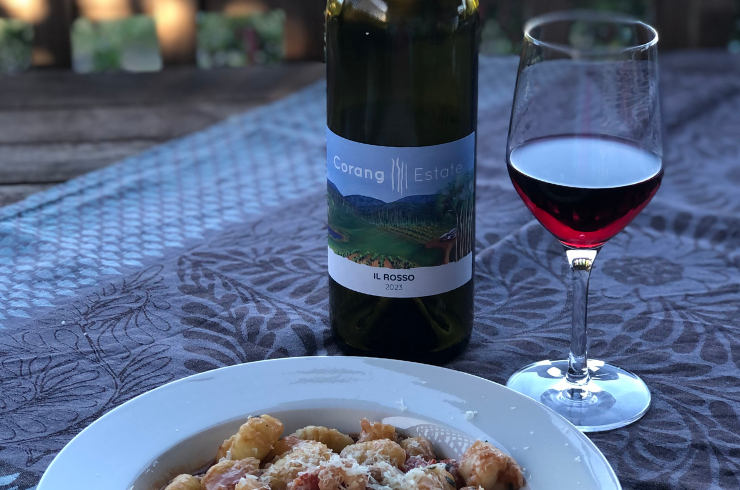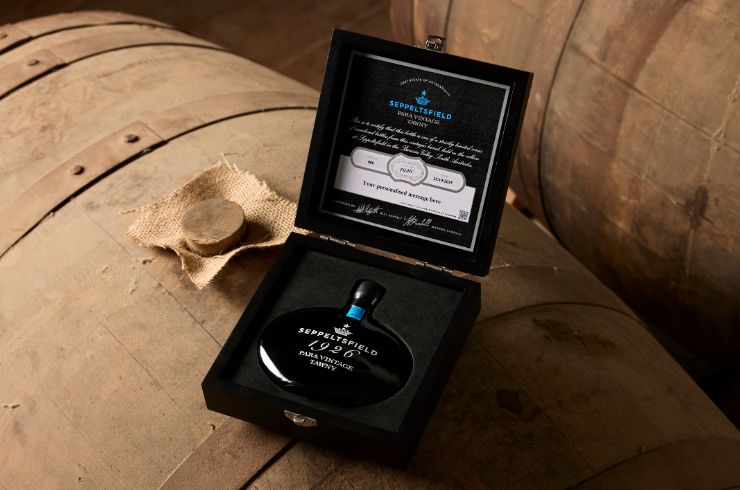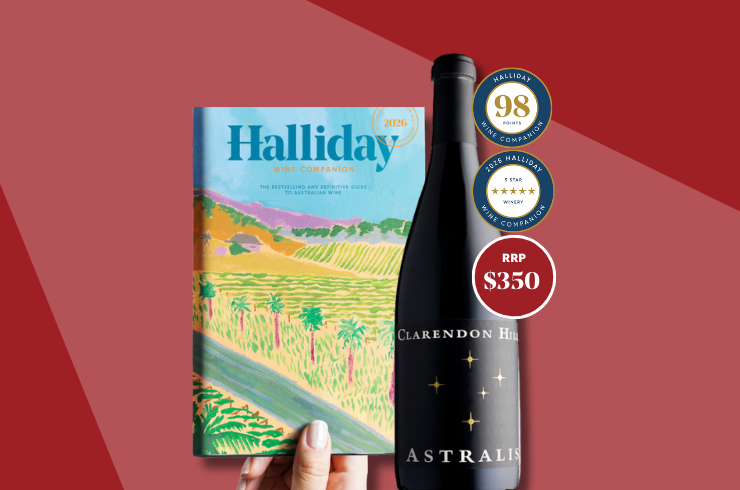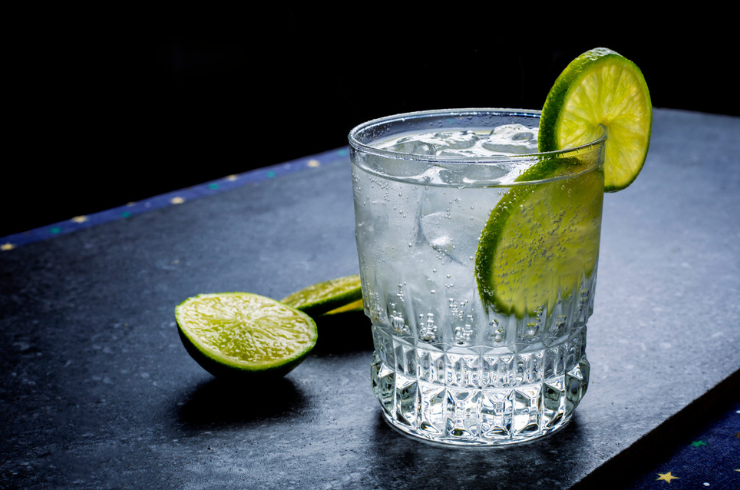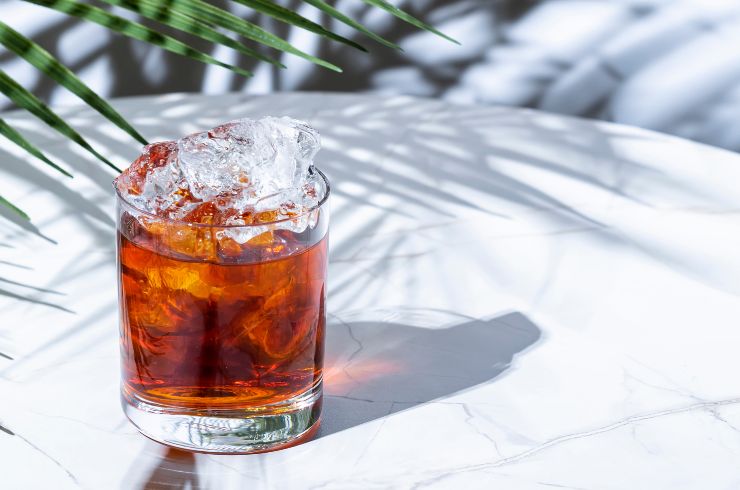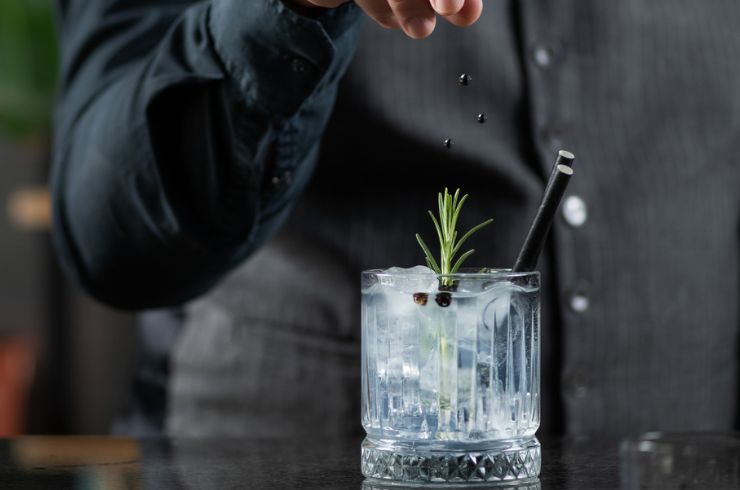Go to section: British- and Jamaican-style rum | French-style rum | Spanish-style rum | Portuguese- and Brazilian-style rum | Spiced rum
The most basic international definition of rum is a spirit that has been distilled from sugar cane and sugar cane derivatives. It may be aged, or not, and may be produced anywhere in the world. Australia, as a sugar-producing nation, has a long history of rum production dating back to the earliest days of European colonisation, and with brands like Bundaberg the most popular and recognisable Australian spirit in the world.
In Australia, the law states that to be labelled ‘rum’, a spirit must be aged for a minimum of two years. But that’s not true globally, and in rum’s original homeland of the sugar-cane-producing Caribbean islands, unaged rum is a widely accepted style. So, to be blunt, it’s a dumb law that should be wiped from the books. But that’s why we’ve called this category ‘Rum and other cane spirits’ – because technically those cane spirits aged for less than two years can’t be called rum in Australia. But don’t let that deter you – some of them are absolutely brilliant.
Rums can loosely be broken down into four styles: British, French, Spanish and Portuguese. There’s also spiced rum, which can be made from a base of any of these.
Australia’s old-school rum producers like Bundaberg and Beenleigh have been making big, robust aged rums in the British/Jamaican style for well over a century, and some of the rums they produce are outstanding in quality for a very low price. Of course, Australia’s favourite way to consume them is traditionally in premixed rum and cola cans, which has given our locally produced rum a bogan reputation that’s been hard for craft producers to shake.
But increasingly in Australia we’re producing some excellent craft rums and cane spirits, from big, funky Jamaican pot-still styles like those from Victoria’s Killik to grassy, floral and hugely complex Martinique styles from distilleries like Husk and Burdekin. Rum is one of the spirits that makes the most sense in the Australian context, and we’re excited to see this category finally getting the attention it deserves from craft distillers.
British- and Jamaican-style rum
British or Jamaican-style rums are produced in the English-speaking islands of the Caribbean from molasses, a byproduct of refining sugar, generally distilled on old-fashioned pot stills, and usually matured in oak casks (although not always). The result is a bold, funky, robust spirit that works well when paired with rich, sweet mixers like pineapple juice or cola. This is also the style most commonly produced here in Australia – also an English-speaking tropical island.
French-style rum
French-style rums, also called agricole, meaning ‘agricultural’, come from the French-speaking islands of the Caribbean, largely Martinique, and are made from fresh cane juice rather than molasses. The result is a grassier, drier, and often very complex spirit. They are commonly bottled in both aged and unaged versions. This is a style being increasingly explored by modern rum producers in Australia.
Spanish-style rum
Spanish-style rums are made in the Spanish-speaking countries of tropical Latin America. Like Jamaican-style rums, they are made from molasses, but rather than being distilled on old-fashioned pot stills, they are generally distilled on much more efficient, modern column stills, resulting in a much lighter and cleaner spirit that works very well for lighter, Cuban-style cocktails like daiquiris and mojitos. This is the most common style globally, with brands like Bacardi known throughout the world. Spanish-style rums can be aged in oak, but are also commonly unaged, or aged and then filtered to create a colourless ‘white’ rum. This style is less commonly produced in Australia due to easy access to inexpensive imports.
Portuguese- and Brazilian-style rum
The Portuguese or Brazilian style of rum is called cachaca, and is the national spirit of Brazil, consumed mostly in the form of Brazil’s favourite cocktail, the caipirinha. Cachaca is produced from fresh cane juice, generally distilled on column stills, and usually bottled unaged. As the national drink of Brazil, cachaca cannot be produced outside of that country, and to our knowledge there is no-one in Australia yet producing cachaca-style cane spirit.
Spiced rum
Spiced rum is a rum or cane spirit that has been flavoured with spices and other flavourings (usually things like vanilla and orange peel) post-distillation. Many of these veer close to liqueur territory with the addition of significant amounts of sugar. Australia is currently producing some excellent spiced rums ranging from heavy and sweet through to light and fruity.
Halliday Spirits is home to a whole host of new spirit reviews and details on Australian distilleries – empowering you to find the best whisky, gin, amaro, brandy and more.
Become a member to get access to all the Halliday wine and spirit reviews
Sign up to become a Halliday member and unlock a wealth of benefits, including:
- Brand new wine and spirit tasting notes delivered to your inbox weekly
- Digital access to our library of over 180,000 tasting notes from over 4000 wineries and distilleries
- Four issues of Halliday magazine delivered to your door per year
- Member-only articles and stories written by Australia's best wine writers
- Early access to Halliday events across Australia
- Discounted Halliday Wine Club subscriptions
- Free shipping on Halliday wine packs
- Member-exclusive offers from our winery, distillery and retail partners
And much, much more. Become a Halliday member today.
Top image: Husk Distillery courtesy of Destination NSW
Latest Articles
-
Wine Lists
italian-varietal-wines
1 day ago -
News
Back-vintage tastings, cellar tours, degustations – why you should go to Tastes of Rutherglen this March
1 day ago -
News
The history of Seppeltsfield's treasured 100 Year Old Para Vintage Tawny through our favourite tasting notes
1 day ago -
Win
Open That Bottle Night competition: win over $500 worth of prizes
2 days ago
